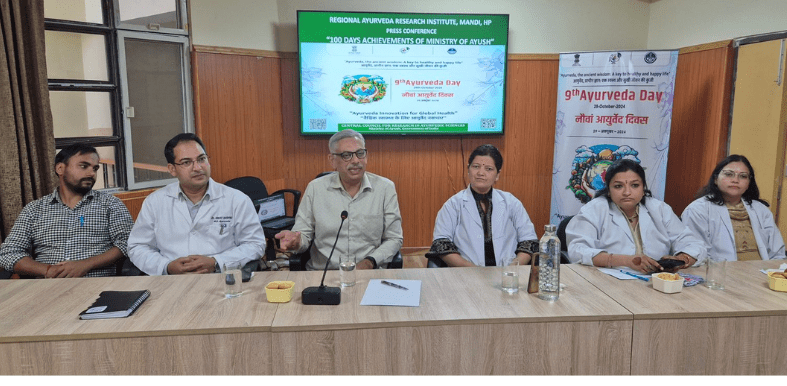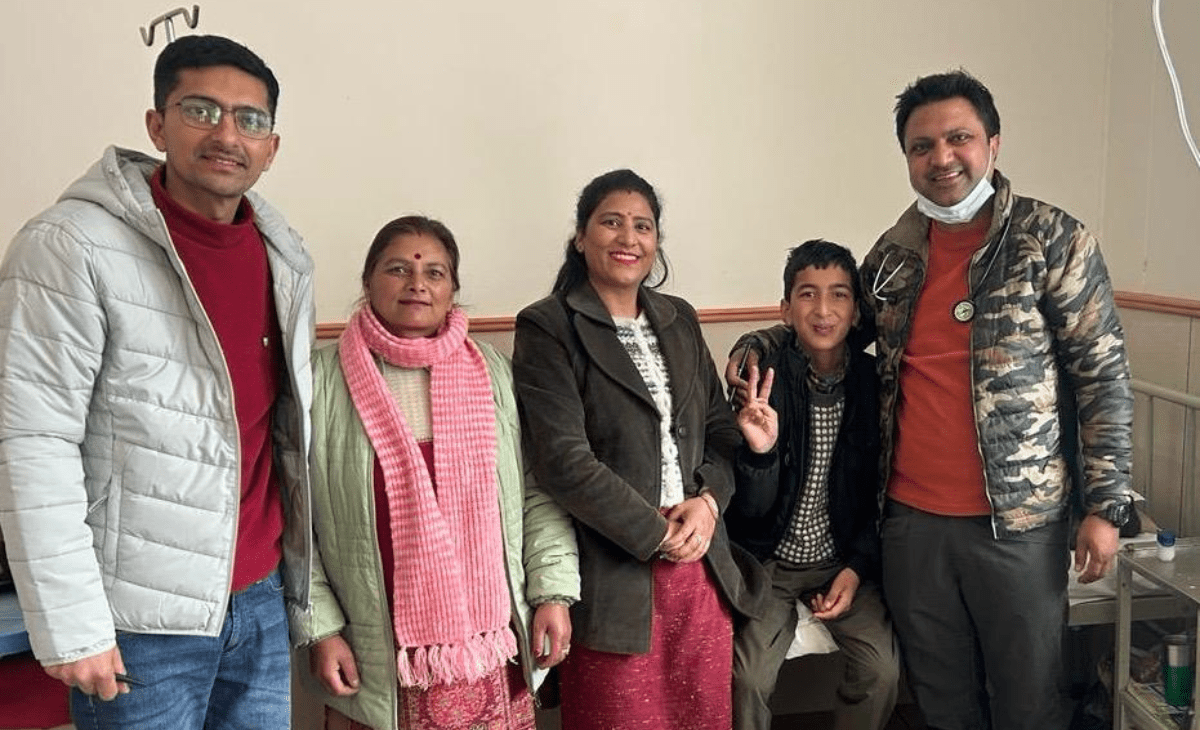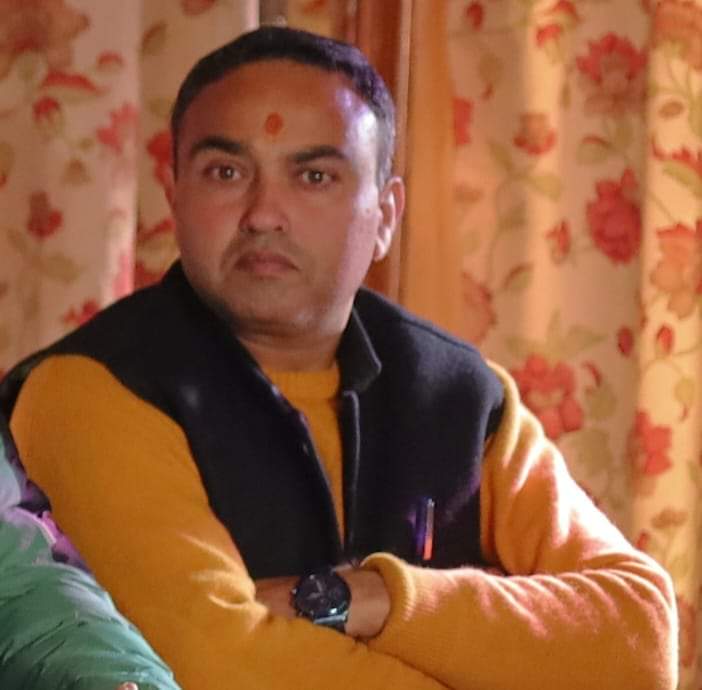Dr Rajesh Sand outlines Ministry of AYUSH’s plans, 100-day milestone
MANDI: The Ministry of AYUSH is accelerating its efforts to bring Ayurvedic treatments under health insurance coverage, marking a significant shift in India’s healthcare landscape.
Dr Rajesh Sand, Assistant Director of the Regional Ayurveda Research Institute in Pandoh, shared this information during a press conference highlighting the Ministry’s achievements over the past 100 days.
Dr Sand revealed that a committee has been formed to incorporate 170 packages under the Pradhan Mantri Arogya Yojana. Once this proposal is approved, beneficiaries will be able to receive insurance benefits for treatments in Ayurvedic institutions across the country.
‘One Herb, One Standard’ initiative
In a major move to improve the standardization and quality of Ayurvedic medicines, the Indian Pharmacopoeia Commission has signed a historic memorandum of understanding (MoU). Dr Sand announced that this “One Herb, One Standard” initiative is aimed at enhancing the efficacy and safety of herbal pharmaceuticals across India. By standardizing herbal medicines, the government is taking significant steps towards making Ayurvedic treatments more effective and reliable for the public.
Also Read: https://thenewzradar.com/now-enjoy-ice-skating-in-himachals-kalpa-even-without-snow/
The ministry is also focusing on making Ayurveda more accessible to rural populations. Dr. Sand disclosed that the government plans to open Ayurvedic medical stores at the tehsil level to ensure that people in remote areas have easy access to Ayurvedic treatments. This initiative is part of a broader strategy to promote Ayurveda at the grassroots level.
To further this mission, the Ministry has launched the “Har Ghar AyurYog” campaign, which aims to integrate Ayurveda and yoga into daily life. As part of this initiative, yoga will be included in the Fit India School Certification programme, ensuring that children across the country benefit from traditional health practices.
The Bharat Ka Prakriti Paridhi campaign will serve as the backbone of this initiative, with a detailed roadmap designed to engage stakeholders nationwide.
Over 14,000 AYUSH camps in 100 days
In a remarkable achievement, Dr Sand stated that more than 14,000 AYUSH health camps have been organised in the past 100 days, exceeding the initial target of 10,000. These camps have played a crucial role in spreading awareness about Ayurvedic and other traditional treatments.
Highlighting India’s commitment to integrating traditional medicine into global health systems, Dr. Sand announced a key partnership with the World Health Organisation (WHO). On July 31, 2024, the Ministry of AYUSH and WHO signed a donor agreement at the organisation’s Geneva headquarters. This partnership reflects India’s dedication to working with international health bodies to incorporate AYUSH systems into the global healthcare framework.
The agreement marks a significant step towards evidence-based traditional medicine, providing a solid foundation for Ayurvedic and other AYUSH treatments to be recognised globally. This collaboration is expected to improve the integration of these systems into the international health landscape.





